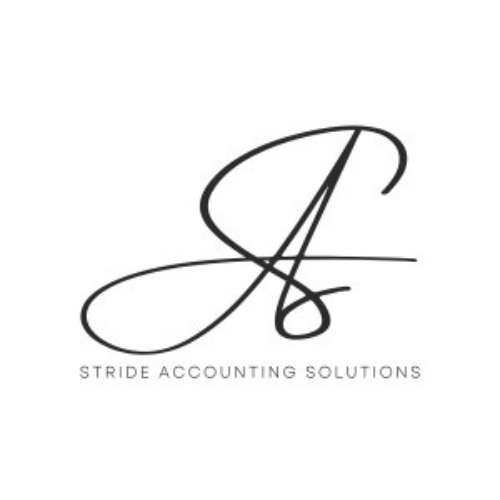As a small business owner, you juggle multiple responsibilities—marketing, operations, and customer service—while trying to keep your finances in order. But if bookkeeping isn’t a priority, you could be losing money without realizing it. Accurate bookkeeping is the backbone of a financially stable business, helping you track income, expenses, and cash flow while ensuring tax compliance. Whether you're struggling with bank reconciliations, payroll, or expense categorization, a strong bookkeeping system can prevent costly mistakes, optimize cash flow, and support long-term growth.
However, bookkeeping is just one piece of the puzzle. For a comprehensive financial strategy, partnering with an accounting firm can provide deeper insights, strategic tax planning, and long-term financial stability. Read more about Why Your Small Business Needs an Accounting Firm here.
In this guide, we'll cover:
- ✅ The basics of bookkeeping
- ✅ Common bookkeeping mistakes to avoid
- ✅ The best bookkeeping software
- ✅ How much professional bookkeeping costs
Let's break down how you can streamline your financial processes and set your business up for success!




